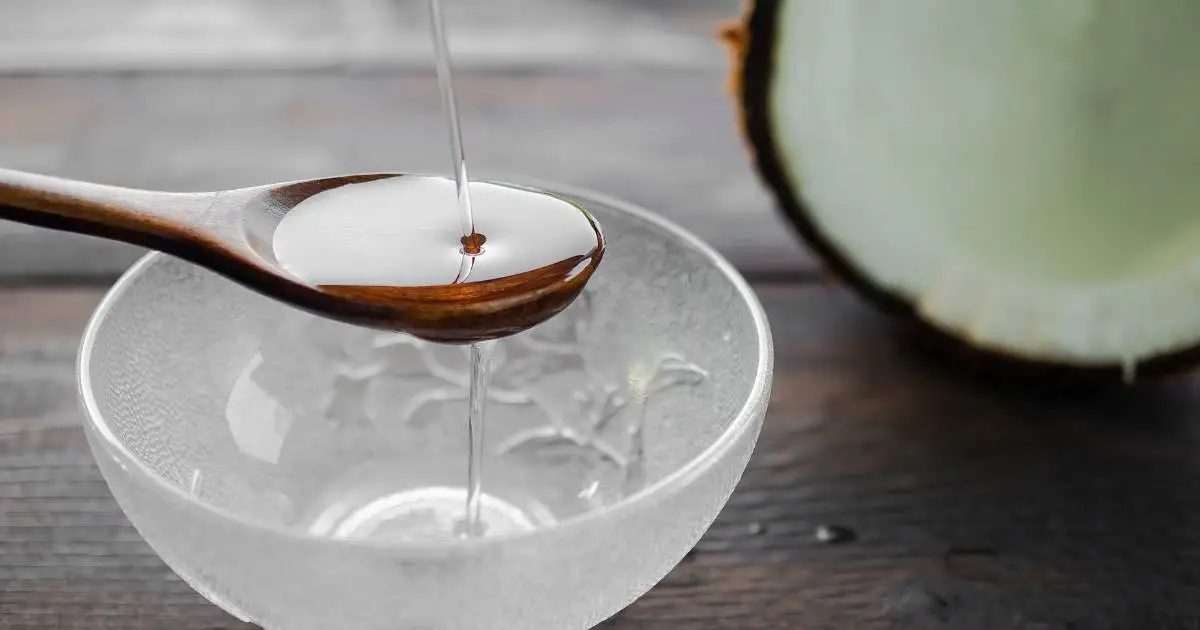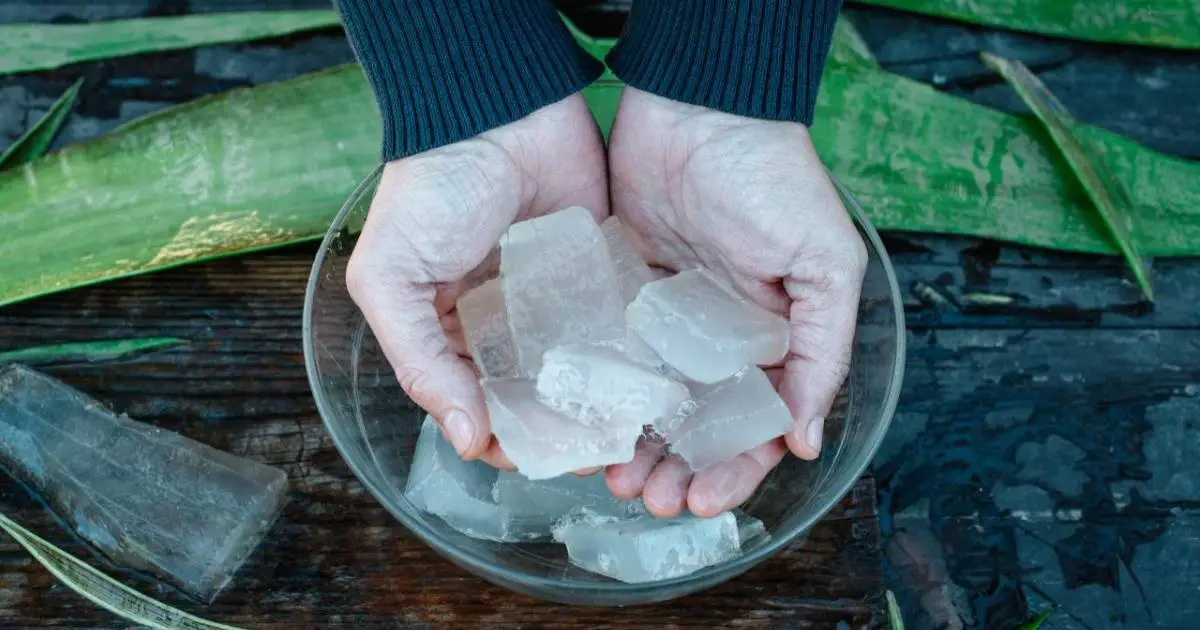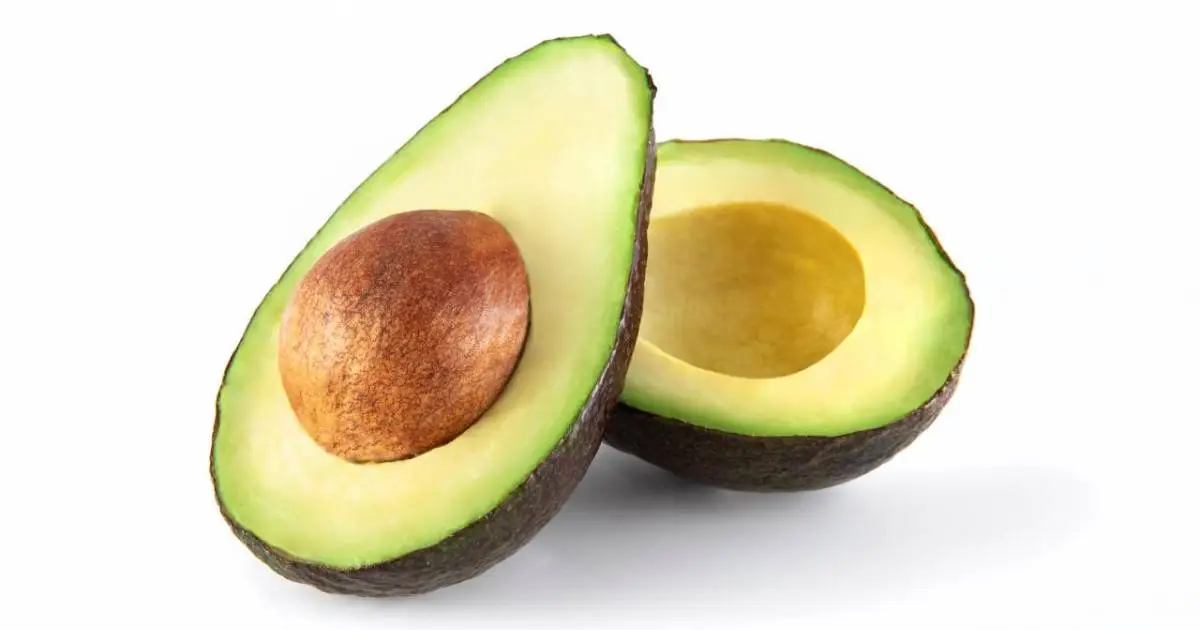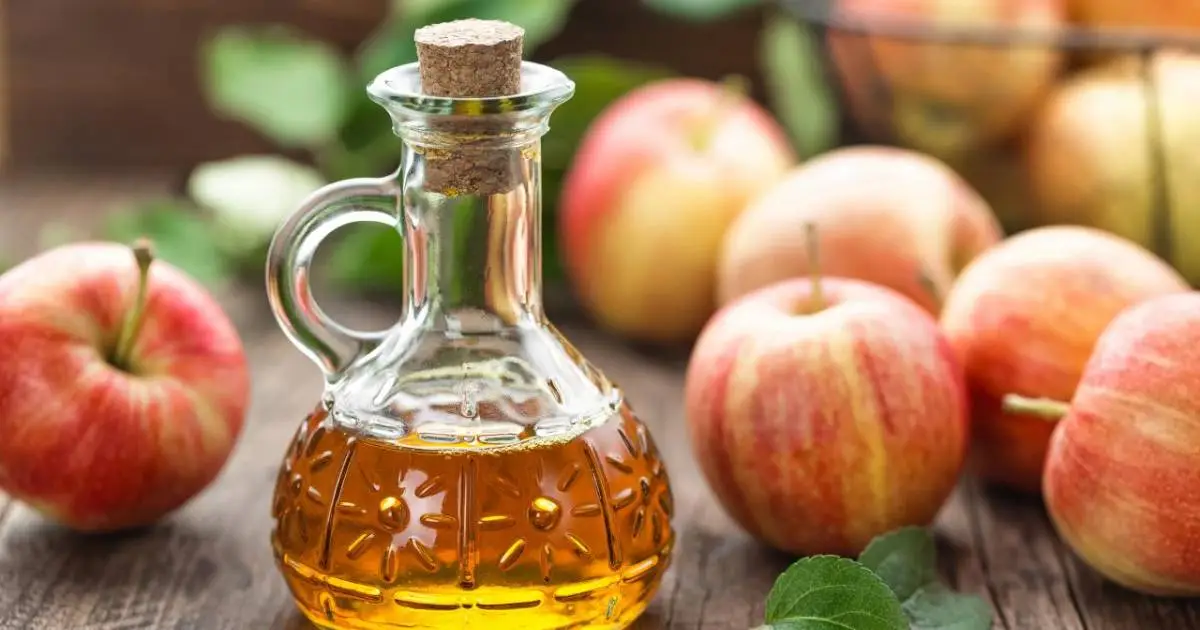Are you struggling with frizzy hair? You can achieve smooth, healthy locks right from the comfort of your home.
Understanding what causes frizz and making a few changes to your routine can transform unruly hair into something much easier to manage.
With some knowledge and a few natural remedies, you’ll be well on your way to achieving glossy, manageable hair.
Key Highlights
- Combat frizz naturally: Use coconut oil, aloe vera, and avocado masks for deep nourishment and smoother hair.
- DIY solutions for silky hair: Homemade masks with honey, banana, yoghurt, and apple cider vinegar can promote manageable, healthy locks.
- Identify the root cause: Frizz often results from dryness, damage, humidity, or hair type. Understanding your specific issue allows you to tailor your approach.
- Revamp your routine: The right shampoo, conditioning, and drying techniques can drastically reduce frizz.
- Healthy habits matter: A balanced diet, hydration, and even your pillowcase can make a difference in maintaining smooth hair.
Natural Remedies for Frizz-Free Hair
Natural ingredients are an excellent way to tackle frizz. They provide moisture, smooth hair cuticles, and deliver essential nourishment.
These remedies are easy to find and will leave your hair softer, shinier, and easy to manage.
Coconut Oil: The Frizz-Fighting Hero

Coconut oil is renowned for its ability to combat frizz. Rich in fatty acids, it deeply penetrates the hair, locking in moisture and leaving strands smoother and shinier.
Warm a few tablespoons of coconut oil and massage it into your scalp and hair for optimal results. Leave it for at least 30 minutes, or overnight for a more intensive treatment, before washing it out with a mild shampoo and conditioner.
Coconut oil also strengthens hair, promotes growth, and helps with dandruff, making it a must-have in your routine.
Aloe Vera: Nature’s Hydrator

Aloe vera is an exceptional hydrator, ideal for taming frizzy hair. Packed with enzymes and amino acids, it helps condition and smooth hair cuticles, reducing frizz and adding shine.
Apply fresh aloe vera gel to your scalp and hair, leave it for 30 minutes, and rinse thoroughly. Combine aloe with coconut oil or yoghurt for even better results to create a nourishing mask.
This powerful plant can transform your hair into something much easier to manage.
Avocado Masks for Deep Nourishment

Avocados contain fatty acids, vitamins, and antioxidants that repair dry, damaged hair and reduce frizz. To make an avocado mask:
- Mix a ripe avocado with 2-3 tablespoons of coconut or olive oil.
- Apply it to your hair, focusing on the ends, and leave it for 30-45 minutes before rinsing.
- Use this rich treatment once or twice weekly for soft, shiny, and more manageable hair.
Apple Cider Vinegar for Smoothness

Apple cider vinegar (ACV) can restore balance to your scalp and hair’s pH levels, smoothing the cuticles and reducing frizz.
To make an ACV rinse, mix one part vinegar with two parts water and apply it after shampooing.
Let it sit for a few minutes before rinsing with cool water. The vinegar smell fades as your hair dries, leaving it shiny and tangle-free.
DIY Hair Masks to Combat Frizz
Homemade hair masks are a great way to tackle frizz. They use simple, effective ingredients for deep conditioning and rejuvenation.
Honey and Banana Mask for Moisture
For a boost of moisture, try a honey and banana mask. Honey locks in hydration, while bananas, rich in vitamins and natural oils, soften and nourish your hair.
Mix a ripe banana with two tablespoons of honey, and apply the mixture to your hair. After 30-45 minutes, rinse thoroughly and follow with your usual shampoo and conditioner.
You’ll notice softer, more manageable hair right away.
Protein-packed yoghurt and Egg Mask
Yoghurt and eggs offer a powerful protein treatment to strengthen and moisturise your hair. Whisk one egg, combine it with half a cup of yoghurt, and apply it to your hair.
Leave the mask on for 30-45 minutes, then rinse with cool water and a mild shampoo. This mask helps repair damage, combat frizz, and improve hair health.
Olive Oil and Vitamin E Treatment
Olive oil combined with vitamin E is a great way to lock in moisture and reduce frizz. Warm two tablespoons of olive oil with the contents of two vitamin E capsules, then apply the mixture to your hair and scalp.
Leave it on for an hour, wrapped in a warm towel, before rinsing with a gentle shampoo.
Frizzy Hair vs. Dry Hair: What’s the Difference
Frizzy and dry hair are related but not identical. Dry hair lacks moisture, leading to weakness and breakage, while frizzy hair results from the cuticles lifting and allowing moisture to enter.
Proper hydration, nourishment, and care can address both issues.
Causes of Frizzy Hair
Humidity, dehydration, and hair damage are common culprits, but the proper routine can restore smoothness and shine.
Humidity: The Frizz Culprit
Humidity causes hair to absorb excess moisture, leading to swelling and frizz.
Anti-humidity products create a barrier against moisture, while updos like buns and braids can help limit exposure to humid air.
Dehydration: A Leading Cause of Frizz
Not drinking enough water affects hair moisture levels, causing dryness and frizz.
Staying hydrated and using moisturising hair products can make a significant difference.
Hair Damage: A Root Cause
Heat styling, chemical treatments, and rough handling can damage hair cuticles, worsening frizz. Minimising heat and using protective products will help keep frizz at bay.
Proper Hair Care Routine for Frizz Control
Creating a frizz-fighting routine involves selecting the right products and following careful styling techniques.
Sulfate-free shampoos and Moisturising Conditioners
Sulfates can strip hair of natural oils, leading to dryness and frizz. For the best results, opt for sulfate-free shampoos and conditioners rich in moisturising ingredients like shea butter or argan oil.
Natural Oils vs. Silicone-Based Products
While natural oils provide deep nourishment, silicone-based products create an instant smoothing effect by coating the hair shaft. Both have benefits, but the choice depends on your hair type and needs.
Regular Trimming for Healthier Hair
Regular trims every 6-8 weeks help eliminate split ends, prevent frizz, and keep hair looking full and healthy.
Cold Water Rinse for Smoothness
A cold water rinse seals the cuticles, helping reduce frizz and adding shine. For noticeable results, rinse your hair with cold water for about 30 seconds after washing.
Protecting Hair from Heat Damage
Always use a heat protectant before styling, and try to minimise the use of heat tools. Incorporate air-drying or heatless styling methods to reduce heat damage over time.
Seasonal Tips for Frizz-Free Hair
Weather conditions can affect frizz, so adapting your routine to the seasons is essential.
Tackling Monsoon Humidity
During the monsoon, anti-humectant products and protective hairstyles like braids can help prevent frizz caused by excess moisture in the air.
Winter Care for Smooth Hair
Use deep conditioning treatments in winter to combat dryness, and wear a hat or scarf to protect hair from cold, dry air.
Summer Strategies for Hydrated Locks
In the summer, protect your hair from UV damage with leave-in conditioners or serums, and rinse out chlorine or saltwater immediately after swimming.
Lifestyle Changes to Reduce Frizz
Your daily habits, from diet to sleep, can impact hair health and frizz.
Diet for Healthier Hair
A nutrient-rich diet supports robust and hydrated hair. To improve hair health and reduce frizz, include biotin-rich foods like eggs and nuts, along with omega-3s from fatty fish or seeds.
Staying Hydrated
Drinking enough water keeps hair hydrated. Aim for at least eight glasses of water daily to support healthy, manageable hair.
Silk Pillowcases for Less Friction
Switching to a silk pillowcase reduces friction and prevents frizz, leaving you with smoother hair after a night’s sleep.
Conclusion
Achieving frizz-free hair at home is possible with natural remedies, a solid hair care routine, and a few lifestyle adjustments.
By understanding the causes of frizz and addressing dryness and damage, you can enjoy smooth, healthy hair all year round.
Stay consistent with your routine and give your hair the care it deserves to maintain that frizz-free shine.
Frequently Asked Questions
Can iron deficiency cause frizzy hair?
Yes, iron deficiency can impact hair health by causing dryness, thinning, and breakage, all of which may contribute to frizz.
Maintaining healthy iron levels through a balanced diet or supplements, as advised by healthcare professionals, can help support healthier, smoother hair.
Does frizzy hair lead to hair loss?
Frizzy hair alone doesn’t cause hair loss, but frizz resulting from damage or poor hair health can contribute to breakage and thinning.
Proper care and addressing any underlying damage are crucial to maintaining strong, healthy hair.
Can frizzy hair be straightened?
You can straighten frizzy hair with heat styling, but excessive heat use may worsen frizz over time.
Always use a heat protectant to protect your hair, and opt for lower heat settings—balance heat styling with proper care to maintain smoothness and avoid further damage.
How can I protect my hair from humidity?
To guard your hair against humidity, use anti-humidity products that prevent excess moisture absorption.
Hairstyles like braids or buns can help reduce exposure to humid air, and adding a light serum can provide an extra layer of frizz control.
